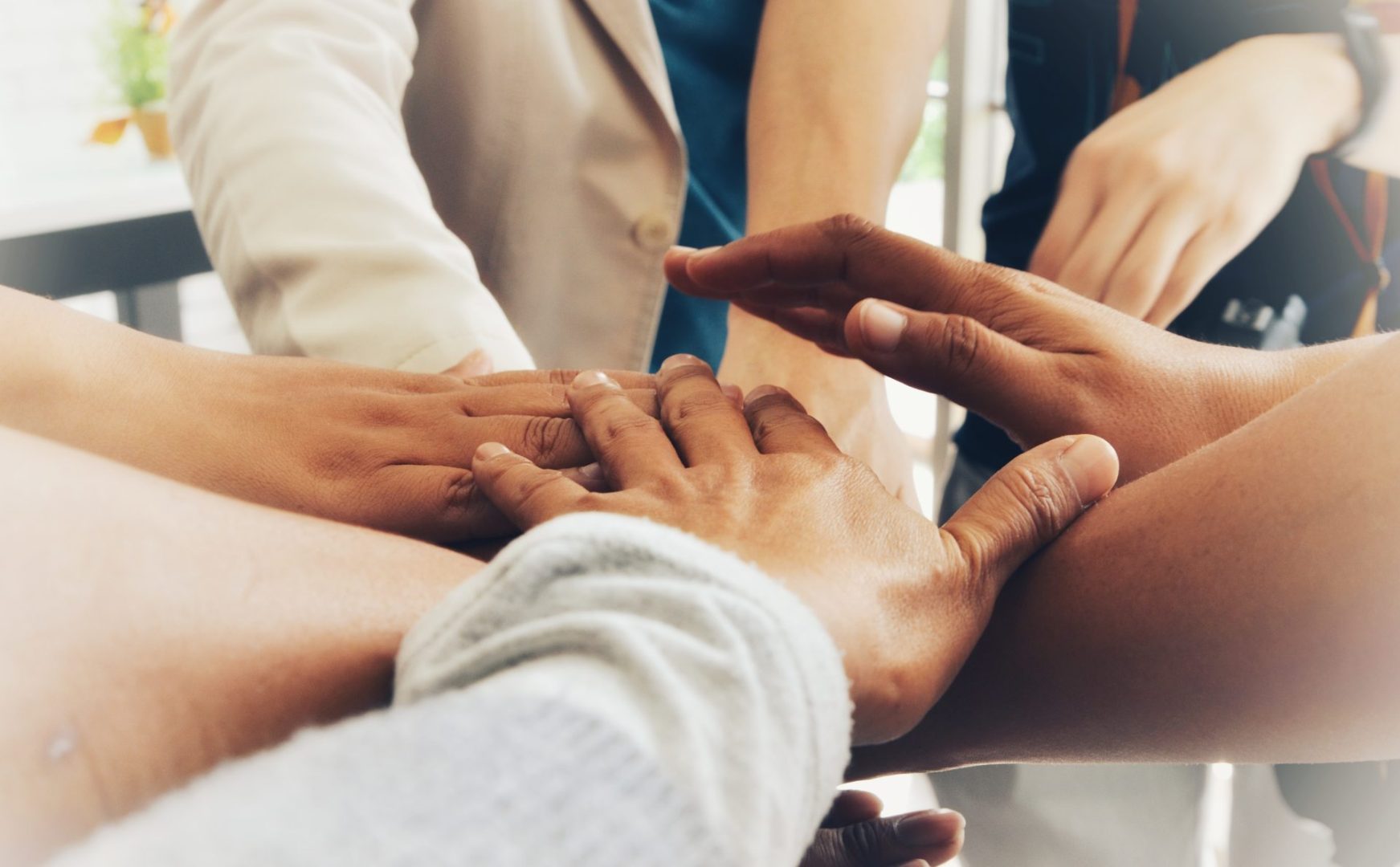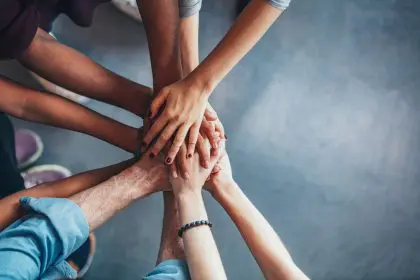In a world where social media activism has become the norm true allyship requires more than sharing posts or using hashtags. Real change happens through consistent meaningful actions that transfer power to marginalized communities.
The truth about privilege and power
Understanding privilege isn’t about guilt or shame. It’s about recognizing the advantages we might have and using them to create positive change. This awareness becomes the foundation for effective allyship.
Here are 12 concrete ways to practice meaningful allyship
- Start by examining your own biases through regular self reflection and honest assessment of your thoughts and actions.
- Educate yourself independently using resources created by marginalized groups rather than relying on them to teach you.
- Amplify voices from marginalized communities by sharing their work experiences and perspectives without speaking over them.
- Create opportunities in professional spaces by advocating for diverse hiring practices and inclusive policies.
- Support businesses owned by people from marginalized communities making conscious choices about where you spend your money.
- Listen actively when receiving feedback about your actions or words even when it feels uncomfortable.
- Take action in your immediate circle by challenging discriminatory comments and behaviors among friends and family.
- Make your workplace more inclusive by initiating conversations about diversity and suggesting concrete policy changes.
- Mentor individuals from underrepresented groups sharing your professional knowledge and networks.
- Donate consistently to organizations led by and serving marginalized communities.
- Advocate for policy changes at local and national levels that address systemic inequalities.
- Create inclusive spaces in your community by organizing events that celebrate diversity and promote understanding.
Making allyship work in professional settings
Workplace allyship goes beyond diversity training sessions. It involves creating systematic changes that promote equity in hiring promotions and daily interactions. This means actively identifying and removing barriers that prevent marginalized groups from advancing.
The role of continuous learning
Effective allyship requires ongoing education about different cultures histories and experiences. This learning process never stops as social understanding and needs continue to evolve.
Moving from awareness to action
Knowledge alone isn’t enough. True allies translate their understanding into concrete actions that create measurable change in their communities and workplaces.
Building authentic relationships
Meaningful allyship develops through genuine connections with marginalized communities. These relationships should be based on mutual respect and understanding rather than obligation or virtue signaling.
Addressing systemic challenges
Understanding how systems of oppression work helps allies identify and challenge institutional barriers. This knowledge enables more effective advocacy for structural changes.
The importance of sustained commitment
Allyship isn’t a temporary state or single action. It requires consistent long term dedication to supporting marginalized communities through both challenges and victories.
Creating safe spaces for dialogue
Allies help create environments where difficult conversations about inequality and discrimination can happen safely and productively.
Supporting the next generation
Teaching children about diversity inclusion and equity helps create a foundation for lasting social change. This includes exposing them to diverse perspectives experiences and role models.
Measuring impact not intention
Good intentions aren’t enough. Effective allies focus on the actual impact of their actions and remain open to feedback about how they can improve.
The role of accountability
True allies accept responsibility for their mistakes learn from them and make necessary changes. This accountability helps build trust with marginalized communities.
Moving forward together
Allyship is a journey of continuous growth and learning. By remaining committed to this process allies can contribute meaningfully to creating a more equitable society.
Making lasting change
Every small action adds up to create significant impact. By focusing on specific achievable changes allies can help build a more just and equitable world for everyone.

















